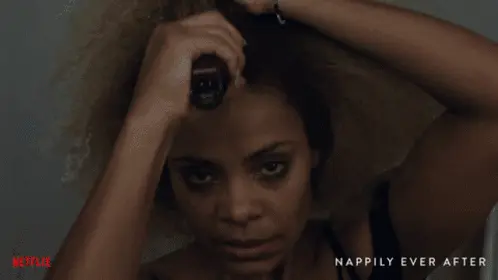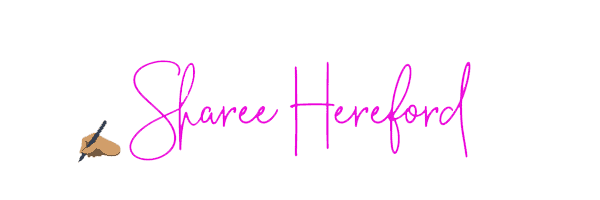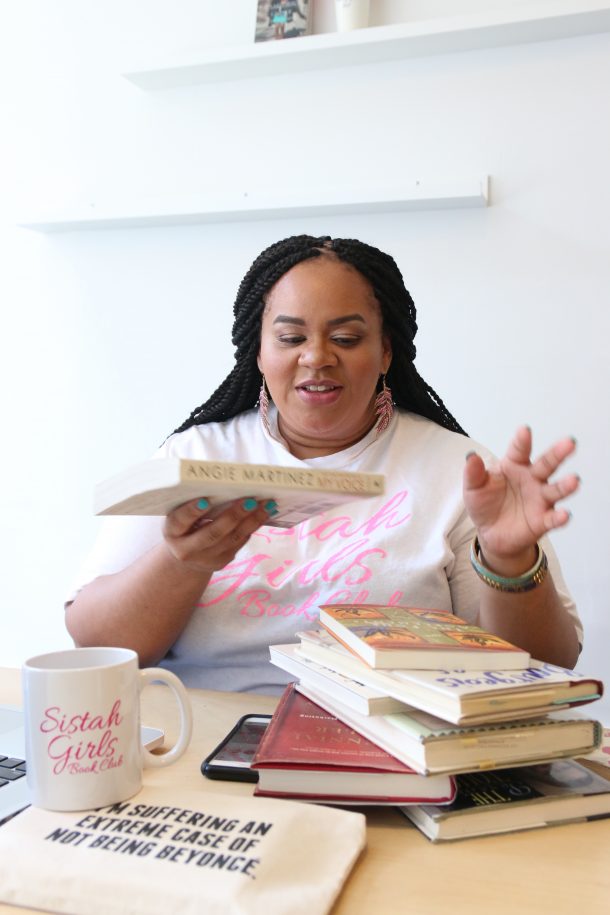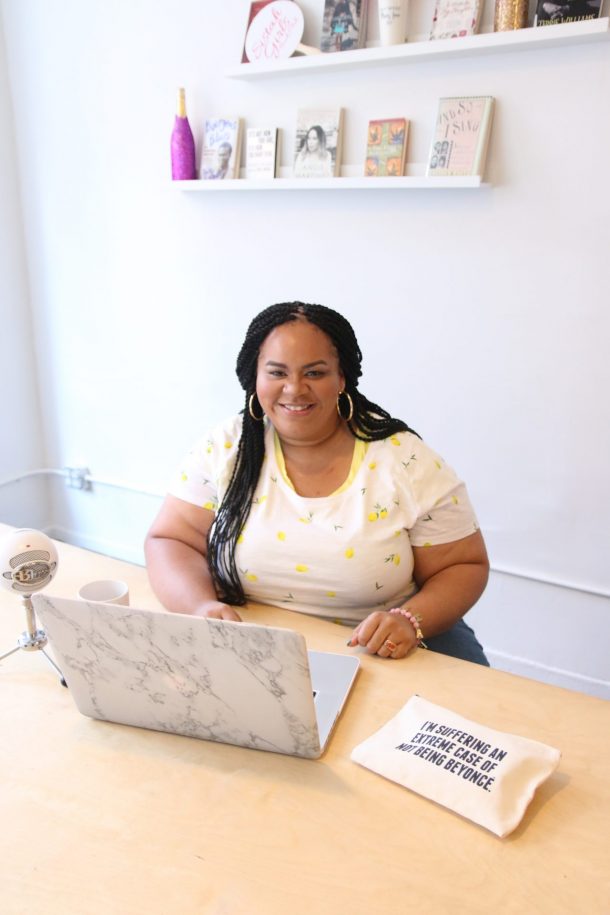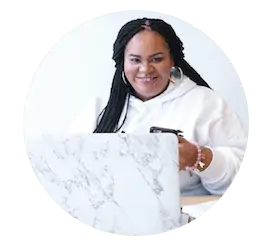Nappily Ever After
Nappily Ever After hit Netflix and it’s been receiving some mixed reviews. After watching the film and then heading over to black twitter to see if we were on the same page about the film I was a little taken back by the reviews.
The Romcom is based on the first novel from Trisha R. Thomas’ Nappily series. The film follows Violet Jones, (played by actress Sanaa Lathan), she is a successful executive who has everything. She has the man, the house, the successful career, and eventually the cute dog that goes along with her extremely perfect life.
Violet Jones is, however, struggling with her identity, and her hair plays a major part in this struggle. As a black woman who has seen my fair share of bad hair days, I know what it’s like to cancel plans because my hair wasn’t done.
The first scene opens to a young Violet and it showcases how she was first introduced to “black girl perfection.” This scene is extremely important because it shows the world how a lot of black women were raised from childhood to protect their hair at all costs.
Flash forward to the present day and we see that Violet never really embraced her natural curls, “perfect” to her was straight chemically altered hair.
It’s not until she breaks up with her boyfriend that she has a rage against the machine moment and cuts all her hair off in a drunken state. After having a meltdown, Violet begins her journey of self-discovery, self-love, and enjoying life as a single woman.
After watching the film I wasn’t petitioning the Oscars to nominate it for best romance comedy but I didn’t walk away feeling like I wasted my time either. After scrolling the internets I realized the people that didn’t like the film agreed that it lacked depth and wasn’t realistic.
It’s a romantic comedy! How much depth are we trying to get? Do films starring black women always have to have the same struggle narrative? The film had an excellent cast, the wardrobe and settings were amazing, the situation was very realistic, and most of all it was shedding light on a real topic in the black community.
Last month I watched, “To All The Boys I’ve Loved Before,” another book turned into a film on Netflix and I thought to myself, “this is a cute and corny film.” Those exact words came out of my mouth, it was quirky, corny, cute, and bubbly.
When I watched Nappily Ever After the same sentiment was there, it gave me all the feels of a romcom, the difference between the films? I saw myself in Nappily Ever After, I saw my narrative as a black woman who struggled as a black girl trying to navigate between wanting black girl magic and also wanting to look like the white, blonde hair, blue-eyed girls who got the guy in the movies.
Nappily Ever After took a serious topic in the black community dissected it from the root and showcased a journey that ended with a black woman choosing and loving herself.
So my question,
Black twitter weighs in…
So glad the majority of us have reached a conclusion on #NappilyEverAfter pic.twitter.com/BivQ3yIHap
— Abuela’s Umbrella (@JasmeanMachine) September 22, 2018
https://twitter.com/CameronTScott/status/1043564981353103362
aww #NappilyEverAfter was so good and relatable 😩
— mariam 🤎 (@heyymeer) September 21, 2018
“I wonder who I would be if you just had hugged me and told me I was still beautiful… you taught me how to be the girl the guy wants but not the girl I want.” — Violet @justsanaa played this role, honey. Queen. #NappilyEverAfter pic.twitter.com/BuMPP2cXW5
— Jeneé Osterheldt (@SincerelyJenee) September 22, 2018
I want to know your thoughts about the film so if you watched let me know! Good, bad, or indifferent, I want to know how you really felt.
